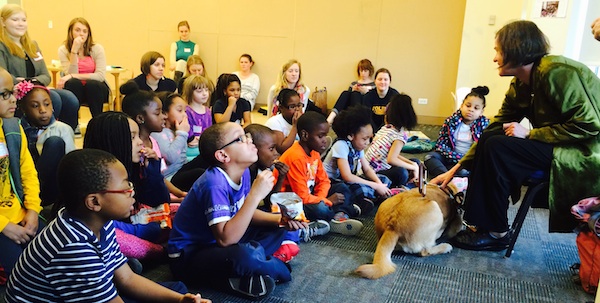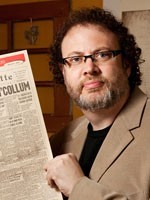Mondays with Mike: We're almost sprung
March 23, 2015 • 7 Comments • Posted in Mike Knezovich, Mondays with Mike, UncategorizedIt’s almost here. Spring that is. The signs say so, even if the thermometer seems a little late to the game. As in 34 damp, bone-chilling degrees.
We jumped to daylight saving time a couple weeks ago — which as it always does — left me feeling out of sync for about a week. I don’t know if it’s biorhythms or resentment that I’ve been robbed of an hour of my life, but I’m always out of sorts after we switch. I know we get the hour back in the fall, but I’d just as soon leave it be and forget the whole misbegotten idea.
Major League Baseball’s spring training is winding down, and that means the real games are getting close. Can’t come soon enough. I’m fairly certain the White Sox are going to win the World Series on the 10th anniversary of their last run. And I expect them to win again in 2025, 2035, and so on. I’m not greedy. Every 10 years is plenty.
Last week we had friends to dinner and we were able to open our windows, or rather we had to, as between the cooking and all the humans it was getting a little warm inside. It was great to remember what that’s like.
And, to cinch it, yesterday I cleaned the humidifier and stowed it away. That means that for absolute certain, winter is over.
I was going to write about the upcoming Chicago election, a big one around these parts. But I can’t quite muster it, as I’m between mental states, unable to concentrate fully, waiting for spring, for baseball, for real.
Bring ‘em on.


